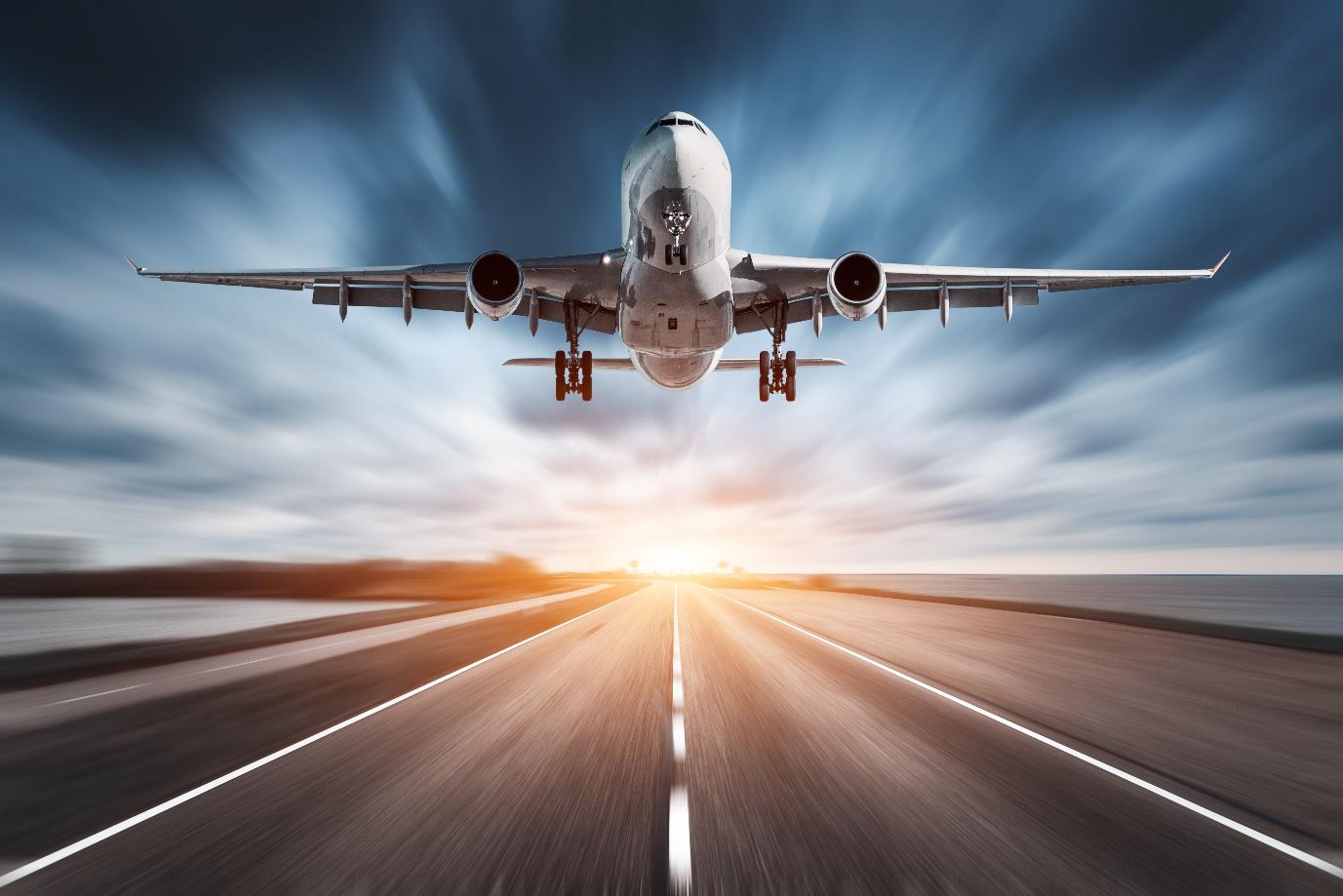Up and away: the impact of flying on your health

These school holidays, many people will take to the skies, unaware of the risks flying can pose to their health.
Brisbane based house call doctor Ryan Harvey said it was important flyers familiarised themselves with the dangers.
“For the frequent flyer, it is important to consult your local GP if you’re concerned about the dangers of flying because symptoms may not show straight away,” Dr Harvey said.
“Luckily there are simple steps which can be taken throughout a flight which can minimise the impact flying has on your health.”
TOP 4 HAZARDS OF FLYING
DVT
Deep Vein Thrombosis is a blood clotting condition that can be fatal if left unattended. DVT happens in the legs, and the risk is higher for longer flights. Pregnant women, the elderly, the obese, those with a history of heart disease, and those who have recently had surgery are more prone to the condition.
Move as much as you can and wear inflight socks or compression tights to help increase your blood flow to your legs and heart to avoid DVT.
CONSTIPATION
Sitting for long periods of time, such as on a long haul flight, causes our digestive system to slow down. This can lead to us feeling gassy and constipated. The best way to combat this is to move around the plane, drink lots of water and steer away from caffeine and alcohol.
BREATHING
Shallow breathing can be a major concern as cabin pressure can mimic high altitude. Lack of oxygen can lead to light-headedness, aching joints and difficulty concentrating.
“This is a cause of concern when it comes to flying, if you experience such symptoms, make sure you alert a flight attendant as soon as possible so they can increase the airflow to the cabin,” Dr Harvey said.
JET LAG
Following a flight, flyers must be aware of the risks of jet lag.
“Insufficient sleep can affect your body and mind – and side effects can mimic those of chronic fatigue,” Dr Harvey said.
“They can include exhaustion and memory loss.”
HOW NOT TO GET SICK ON A PLANE
REST
A good night’s sleep the night before a long flight is key to protecting your health. There is no guarantee that you’ll get any decent rest on the plane, amid loud passengers, food delivery and in-flight announcements – so plan ahead.
PACK SNACKS
Meals on planes can be different to what you are used to. Pack your own healthy snacks but be aware of restrictions of what you can and cannot take on board.
DRINK PLENTY OF WATER
It is easy to become dehydrated during a flight, so ensure you are drinking plenty of water throughout your flight.
CLEAN YOUR AREA
Wipe down tray tables, arm rests and head rests if possible to ensure your area is clean.
STRETCH AND WALK AROUND
When on the flight, it is important to encourage blood flow and loosen up muscles to prevent stiffness, pressure wounds and aching muscles. It is also vital for avoiding circulatory conditions, like DVT. Get up regularly and walk around the plane. You can also do minor exercises, such as circling your feet, and stretches while sitting at your seat.
CHEW GUM
Cabin pressure rises significantly during take off and landing which makes your ears pop. This sensation can be painful – chewing gum or even yawning relieves the pressure in your eustachian tube (middle ear) allowing air to flow freely and quickly.
MOISTURISE
With 50 per cent of air being recycled on broad, and constant air conditioning, your lips and face can become dehydrated. Carry a flight approved moisturiser and lip balm and apply regularly.

























